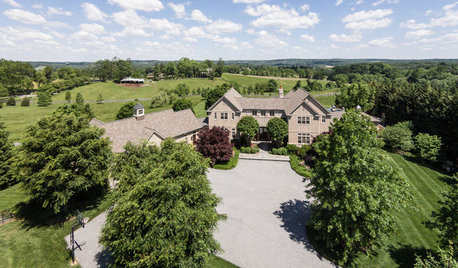How are you addressing oncoming water crissis?
hopeful_in_Brevard
16 years ago
Related Stories

HOME TECHThe Inevitable Future of Drones Around Your Home
As Google joins the push for airborne deliveries, it seems only a matter of time before neighborhoods are buzzing with drones. Is that OK?
Full Story




solstice98
barbcoleus
Related Discussions
Mysterious earthy smell from inside a wall - need to address it? How?
Q
How hot does water need to be in a dishwasher?
Q
Boxwood Bronzing - Why and how to address?
Q
How to address leaking shower (dripping through ceiling below)?
Q
an_ill-mannered_ache
garyfla_gw
gcmastiffs
SaintPFLA
barbcoleus
gcmastiffs
the_musicman
tropicalfreak
laura1
nytrinigemini
pnbrown
gcmastiffs
treefrog_fl
castorp
jupiterplants
mouseybrown80
corar4gw
vaodiva
oldflorida
hopeful_in_BrevardOriginal Author
pnbrown
wildflowerchris